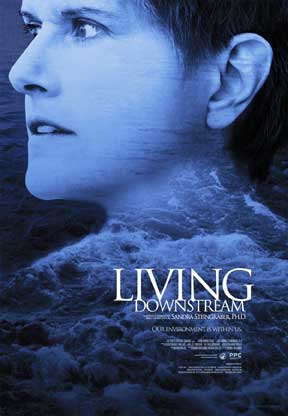 “More Than Honey” is beautiful and heartbreaking, and therefore, a must-see film.
“More Than Honey” is beautiful and heartbreaking, and therefore, a must-see film.
It focuses on more than just colony collapse disorder – though that is a major theme of the film – showcasing the lifecycles of hives in the industrial farm world, in the German countryside, and the far-from-tamed US desert.
I grew up around bees. My dad kept a few hives on a large plot of land on the outskirts of Linda. He left the bees pretty much to their own devices, though we’d ride out to hives every week or so to see how they were doing. They had access to orchards, grasslands, and gardens and were pretty much content. They were also the nicest, most docile honeybees I’ve ever met. We never wore protective clothing. We never bothered to smoke them. They allowed us to take a comb or so for our own. Those bees felt like a part of the family.
What a stark contrast my childhood experiences were to the industrial honey companies of today! I won’t go too far into it, as you need to come to the screening on Friday and see it for yourself, but it’s like a gut punch. I’m still in grief over my namesakes.
“More Than Honey” is an important film to see, important for the organic food movement, important for human beings – our livelihoods, our food supply, and our economy are all dependent on bees. It will screen on Friday, February 28 at 7:00 p.m. in the BriarPatch Community Room. Come early, as seating is limited.


